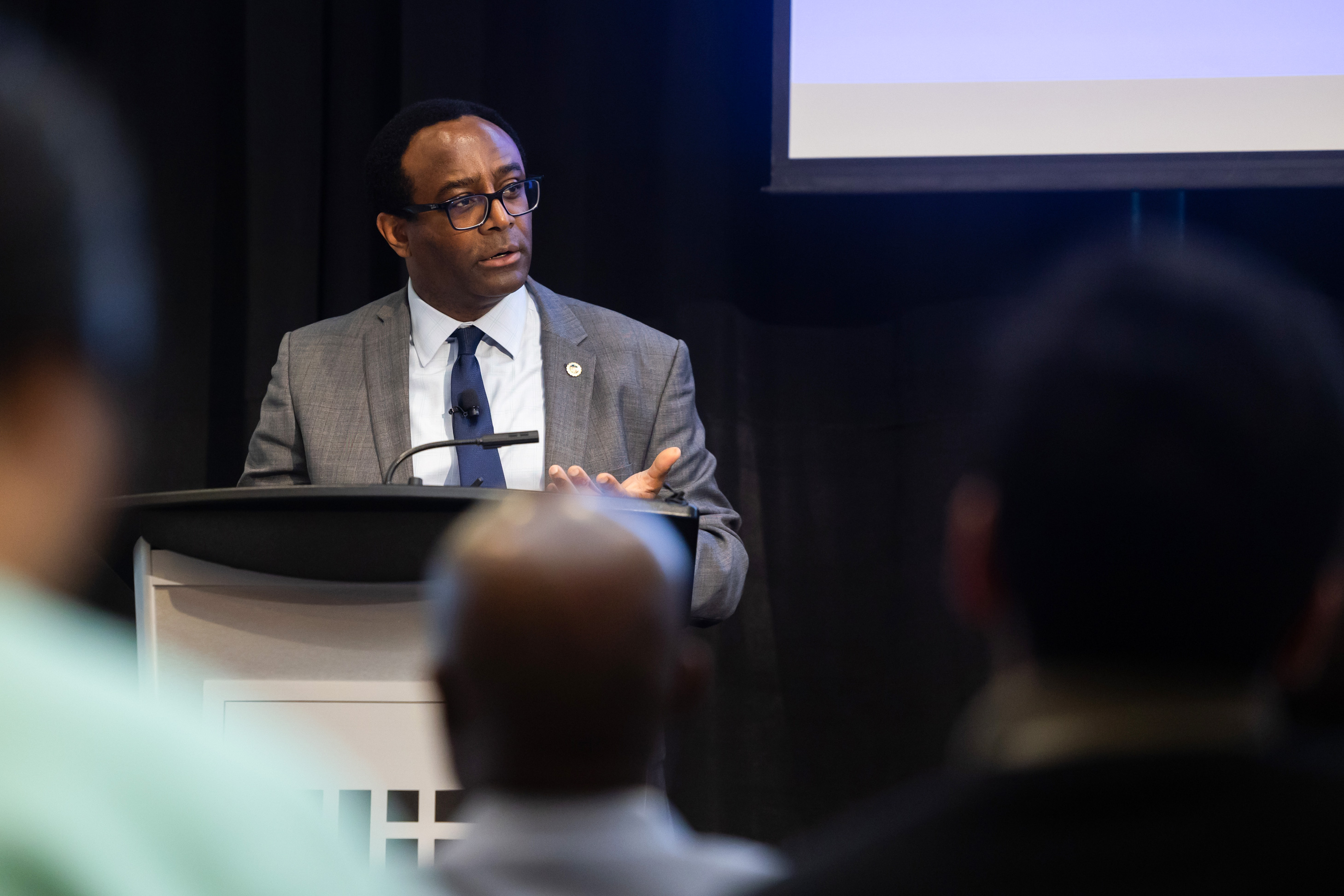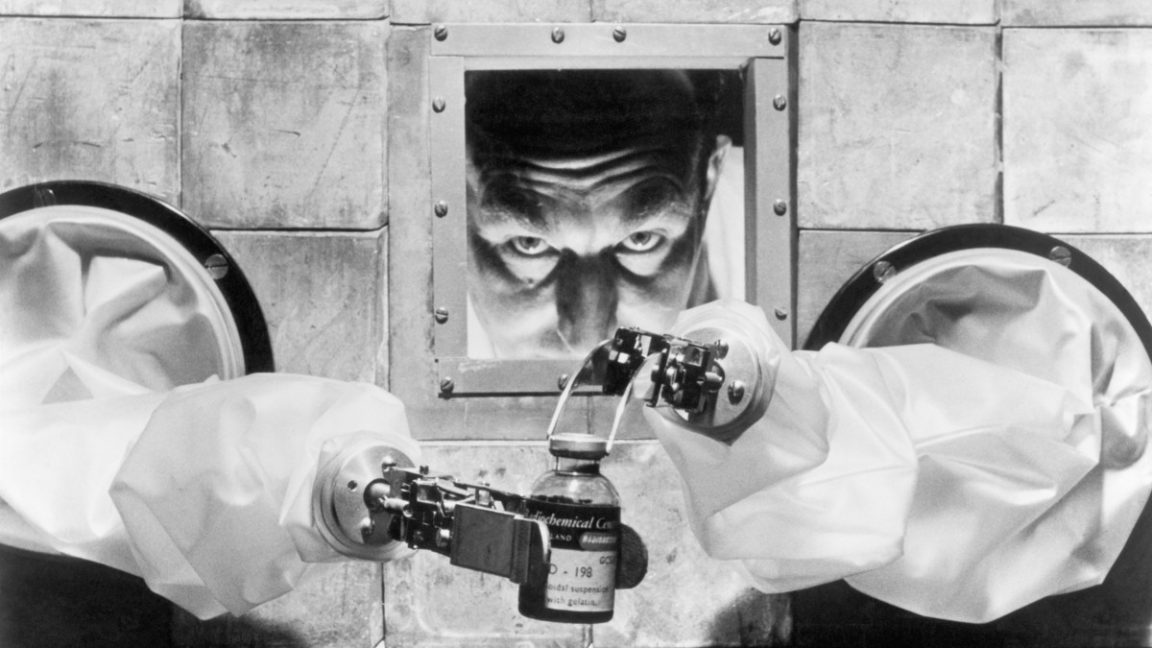Introduction to AI and Humanity
Ben Vinson III, the president of Howard University, recently delivered a compelling lecture at MIT, emphasizing the need for artificial intelligence (AI) to be developed with wisdom. He posed several thought-provoking questions about human ideals, practices, and the impact of technological progress on society. Vinson’s central argument was that technological advancements should serve humanity, rather than the other way around.
The Impact of AI on Human Tasks and Society
Vinson discussed how AI is likely to influence society and the economy, potentially leading to significant changes in human tasks, jobs, and social structures. He noted that AI serves as a "Rorschach test" for society’s hopes and anxieties, with optimists seeing it as a productivity revolution and pessimists warning of mass surveillance, bias, job displacement, and existential risk. Vinson suggested that the reality will likely fall somewhere in between, with AI evolving through a cycle of inflated expectations, disillusionment, and eventual pragmatic inspiration.
The Role of Education in the Age of AI
Vinson also touched on the impact of AI on education, particularly in the humanities and social sciences. He wondered whether a world with fewer humanities scholars would truly represent human progress. Vinson emphasized the importance of discussing the profound effects of technological change on society, highlighting that AI is not just about technological progress, but also about power, justice, and the essence of humanity.
The Need for Wisdom and Moral Imagination
Vinson proposed that as AI advances, we have a responsibility to engage with its potential while keeping everyday human values in mind. He called for intellectual courage and moral imagination to shape an AI future that honors dignity for everyone and advances the ideals of humanity. Vinson suggested that universities can serve as an "intellectual compass" in the development of AI, bringing realism and specificity to the topic and separating real risks from speculative fears.
Conclusion
In conclusion, Vinson’s lecture highlighted the need for a thoughtful and nuanced approach to the development of AI. By considering the potential impact of AI on human tasks, society, and education, we can work towards creating a future where technological progress serves humanity, rather than the other way around. Ultimately, Vinson’s call for wisdom, moral imagination, and intellectual courage serves as a reminder of the importance of prioritizing human values in the age of AI.
FAQs
Q: What was the main theme of Ben Vinson III’s lecture at MIT?
A: The main theme of Vinson’s lecture was the need for artificial intelligence to be developed with wisdom, emphasizing that technological progress should serve humanity.
Q: How does Vinson think AI will impact society and the economy?
A: Vinson believes that AI will likely influence society and the economy, potentially leading to significant changes in human tasks, jobs, and social structures, but the reality will likely fall somewhere in between the optimistic and pessimistic predictions.
Q: What role does Vinson think education should play in the age of AI?
A: Vinson emphasizes the importance of education in discussing the profound effects of technological change on society and highlighting the need for intellectual courage and moral imagination to shape an AI future that honors human dignity and advances human ideals.
Q: What is the significance of the Compton lecture series, in which Vinson delivered his lecture?
A: The Compton lecture series was introduced in 1957 in honor of Karl Taylor Compton, who served as MIT’s ninth president and helped transform the institute into a global university, emphasizing fundamental scientific research and partnerships between the federal government and America’s research universities.











